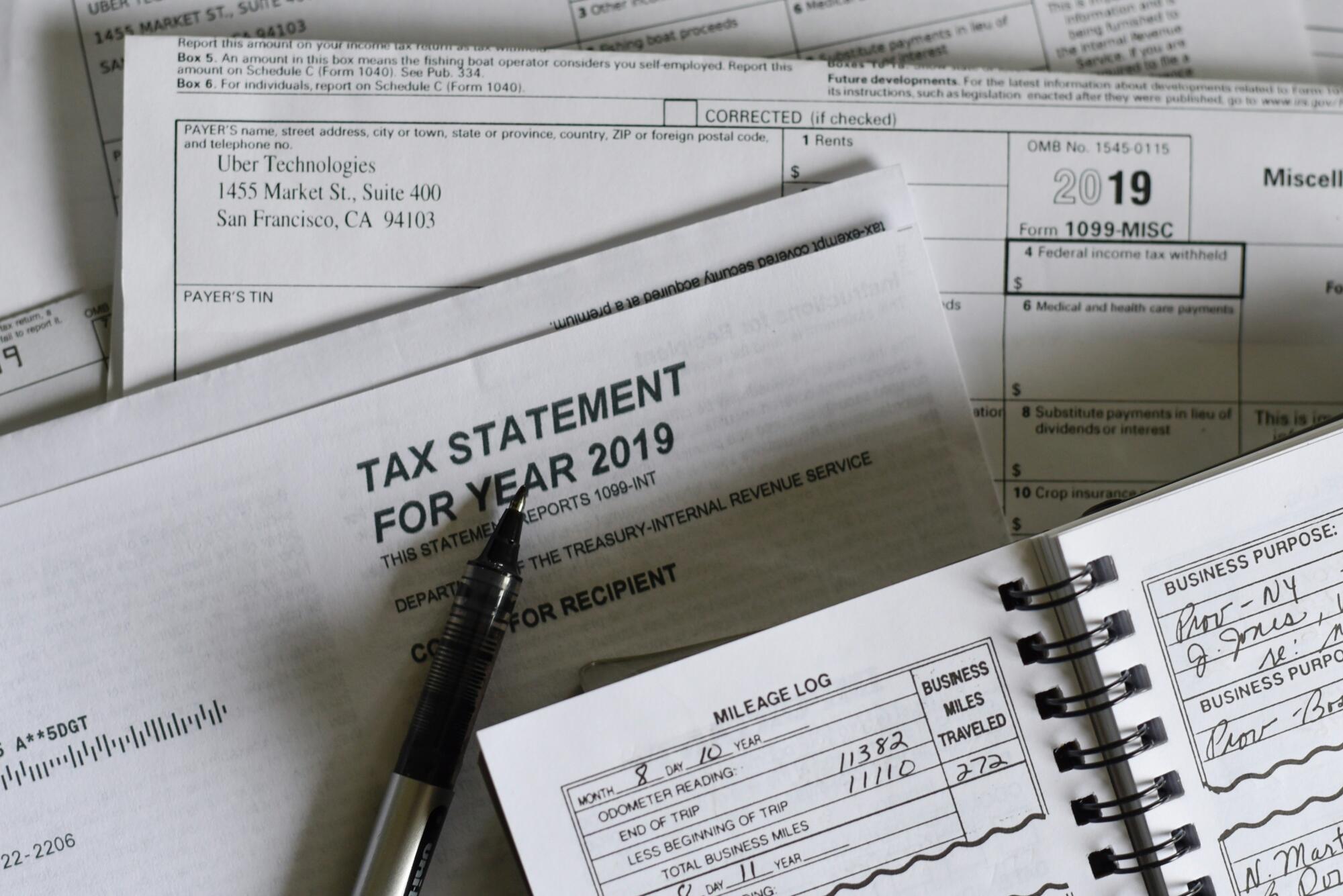The IRS recently got an $80 million injection to beef up its auditing capabilities. Officially, the IRS is mainly looking at increasing audits of high-net-worth individuals, but they also want to enforce stricter reporting standards. This has made it more necessary than ever for property managers and landlords to know their way around 1099 forms.
Navigating tax statements and 1099s can seem daunting, but it's a breeze once you're armed with the correct information. Read this essential property manager tax guide to learn what you need to know for the next tax season.
The Difference Between Tax Statements and 1099s
The term "tax statements" refers broadly to any documents that may be issued to yourself and the IRS to report a source of income. 1099s are a specific type of tax statement.
If someone pays you or gives you a form of income outside the usual employment contract, they must fill out the applicable 1099 form recording all their payments to you for that tax period. They must then send you and the IRS a copy of that 1099.
1099 Procedure for Property Managers
If landlords pay property managers on a contractor basis, why would property managers be sending 1099s to landlords? Firstly, not all landlords are schooled in tax accounting. Their incomes in that tax period must be recorded in either a 1099-MISC (for cash or cheques) or a 1099-K (for card or wire transfers).
Secondly, sending landlords the 1099s you need from them (for the services they've paid you for) is often easier. You need their 1099 forms filled out and filed with the IRS to keep your business compliant.
It's easier to obtain the correct set of 1099 forms if you fill in all the information you can and then send it through to the landlord.
Different Types of 1099s in Property Management
There are many different kinds of 1099 forms. Only a few of them come up in the context of property management.
1099-MISC forms relate to the payment of rent (specifically in cash), agent fees, attorney's fees, and other forms of income. A person only has to file a 1099-MISC if they've paid more than $600 to the recipient in that year.
If tenants pay rent with a credit card or through an online platform, then the landlord needs a 1099-K form. The threshold of $600 also applies in these cases if any payments exceed that value. Property managers and landlords also need to know the 1099-NEC is the tax form that allows for the deduction of maintenance and cleaning expenses.
Stay on Top of Taxes
The last of our landlord tax filing tips is to be proactive. Ensure all your paperwork is in order before it needs to be. This is much easier when you understand how tax statements and 1099s operate.
1099 forms are tax statements that show the IRS when people and businesses receive income and how much they get. There are different 1099s for different types of expenses and incomes.
Property managers can benefit from sending their clients the 1099 forms they need to fill out. If you need help with this function, why not work with the San Diego property management company that prioritizes excellence? Contact PMI San Diego today and get ahead of your taxes.


